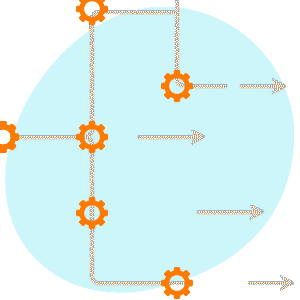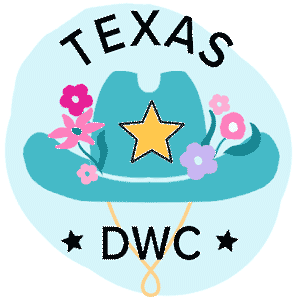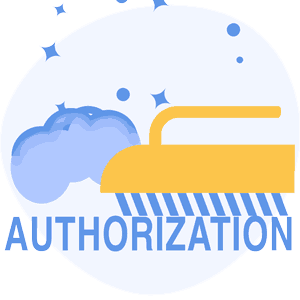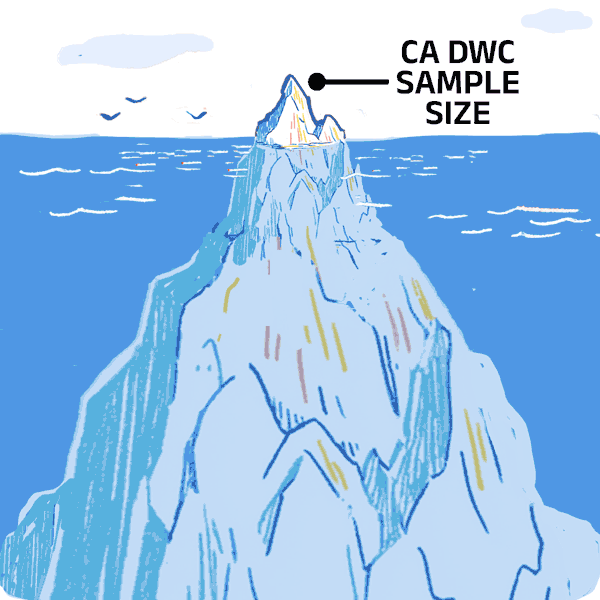CA Authorization & UR Confusion Reigns
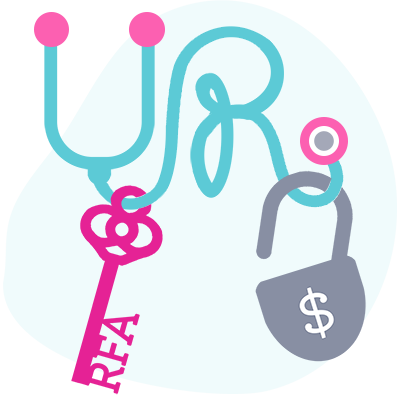
Last week, we reported on the California Division of Workers’ Compensation (DWC)’s decision to delete an important FAQ from its website. Until the deletion, the FAQ affirmed the basic principle that a claims administrator's authorization of treatment for an injured worker guarantees payment for that authorized treatment.
In response, one reader claimed that under California law, authorization only acknowledges medical necessity rather than a binding promise of reimbursement.
This assertion is contrary to our reading of California law and regulations — but much worse, it implies that providers can never really know whether or not they’ll be paid for authorized treatment.
We see this reader’s comment as an opportunity to point out that misinformation thrives without DWC guidance. The DWC’s failure to inform providers and injured workers of their rights has led to extraordinary confusion and created opportunities for claims administrators to abuse providers and injured workers.
Below, we address this reader’s comment and explain our reasoning regarding why a workers’ comp system that requires authorization must also recognize authorization as a guarantee of payment.
Authorization: Not Conditional on Claims Admin’s Liability Decision
Below is the reader’s full comment (in italics), with our annotations immediately following.
“I have to agree with the DWC on this one on removing the [FAQ] language. Authorization is NOT a guarantee of payment. Authorization means that the service is medically necessary.“
dB Response: California Code of Regulations Section 9792.6 explicitly defines “authorization” as “assurance that appropriate reimbursement will be made for an approved specific course of proposed medical treatment to cure or relieve the effects of the industrial injury…”
“The [Utilization Review] URs job is to determine MEDICAL necessity. That is all. If the patient's case was denied because he caught [sic] on vacation chopping wood (true story), then the treatment shouldn't be paid even if there is an authorization.”
dB Response: Outright fraud by an injured worker is irrelevant to whether reimbursement is due once the provider renders authorized treatment; such fraud does not relieve the claims administrator of liability to pay for treatment provided in good faith based on the authorization.
Per Labor Code Section 4610.3, authorization cannot be rescinded “for any reason” once the service is furnished.
“The language needs to be amended to be more specific and pertaining to admitted/accepted cases only where MPN isn't an issue. Denied claims are a different ballgame as we all already know.”
dB Response: Denials of payment for authorized services that cite non-participation in a Medical Provider Network (MPN) are never permissible; on that, we can agree (despite the DWC’s failure to enforce this principle).
However, a claims administrator denying a claim does not render authorized services already provided as free of charge.
For example, California Labor Code Section 5402(c) mandates that the claims administrator must pay for any treatment that occurs before the claims administrator accepts or denies liability, up to $10,000, regardless of the ultimate acceptance or denial of the claim.
Claims administrators regularly pay providers’ bills before ultimately denying liability, and there are no refunds in workers’ comp. This is precisely because, as noted by the California Court of Appeals, 2nd District in American Psychometric Consultants, Inc. v. Workers' Comp. Appeals Bd. (1995):
“...transactional stability is an important element of any benefit system…No one can operate a business on receipts only conditionally possessed, and medical providers are no exception.”
The above ruling referred to refunds, but the principle is arguably just as applicable to authorization. When a doctor furnishes a service with the claims administrator’s explicit permission, that doctor must be paid.
For all the reasons explained above, to apply the payment protection afforded by authorization to “admitted/accepted cases only” is a misreading of the law — and an invitation for reimbursement chaos.
A provider who renders authorized services cannot subsequently be penalized because the claims administrator determines the injury was not work-related. Unless the provider themselves is proven to have committed fraud, claims administrators must do precisely what any recipient of goods or services must do: pay their bills.
It is critical that the DWC simply furnish — rather than delete — the information that all stakeholders need. Unfortunately, the DWC’s removal of the essential FAQ that prompted this reader’s comment exposes the need for guidance from the agency, without which providers are vulnerable to misinformation and misunderstandings.
We make treating injured workers easier, faster, and less costly. Request a free demonstration below.
REQUEST DEMO
DaisyBill provides content as an insightful service to its readers and clients. It does not offer legal advice and cannot guarantee the accuracy or suitability of its content for a particular purpose.
